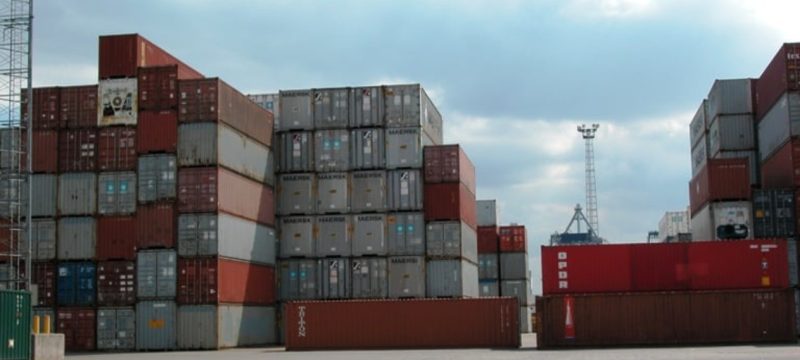Pakistan’s trade deficit expanded by 35% in December 2024, reaching $2.4 billion, as the government relaxed import restrictions, allowing imports to surpass $5 billion for the first time in two years. According to the Pakistan Bureau of Statistics (PBS), the country imported goods worth $5.3 billion in December, marking a significant 14% increase compared to the previous month.
The easing of import restrictions, which had been in place for nearly three years due to external sector challenges, contributed to this surge. These measures, aimed at curbing the current account deficit, had previously kept imports around $4.5 billion per month. The government’s recent decision to allow higher imports was driven by a need to stabilize the external sector, even as it posed challenges for managing foreign exchange reserves.
Also Read: Pakistan and Kenya Strengthen Trade Ties, Eye Regional Cooperation
On the export front, Pakistan’s exports remained stable at $2.8 billion for the month of December, but growth was stagnant compared to last year. Despite a healthy momentum in exports and remittances, which provide the government with an additional $600 million per month, the rise in imports has widened the trade gap.
Deputy Prime Minister Ishaq Dar has expressed concerns over the high value of the Pakistani rupee, which currently trades at Rs278 per dollar, believing it is overvalued by at least Rs40. He estimates that a more appropriate exchange rate would fall between Rs235-240. Pakistan’s gross foreign exchange reserves, meanwhile, have remained below $12 billion, a level insufficient to cover three months of imports.
For the first half of the current fiscal year (July-December), Pakistan’s imports grew by over 6% to $27.7 billion, while exports increased by 10.5%, totaling $16.6 billion. Despite the growing trade deficit, which reached $11.2 billion during this period, the government is optimistic about the future, particularly in the information technology sector.
Prime Minister Shehbaz Sharif recently launched the National Economic Transformation Plan, which aims to boost IT and freelancing exports by $5 billion by 2029. The plan envisions growing overall exports to $60 billion in the next five years, with a focus on IT education, broadband expansion, and the creation of tech hubs across the country.
However, this ambitious plan will require significant policy changes, including an unrestricted digital environment to meet the government’s goals of producing 75,000 IT graduates annually and creating Pakistan’s first unicorn company with a market valuation of $1 billion.









